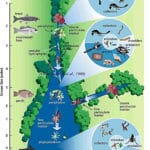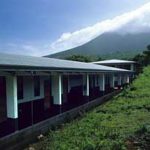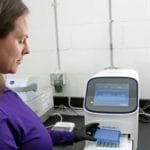Moving Freshwater Science Forward
Our efforts at Stroud™ Water Research Center require intellectual curiosity, a systematic and rigorous approach to scientific research, and the drive to answer a series of challenging questions about freshwater ecosystems. The answers to these questions may take decades to fully understand, but it is critical that we persist, as they have the power to influence others in ways that positively affect the world’s finite supply of clean fresh water.
Recent Publications
Xia, J., H. Hu, X. Gao, J. Kan, Y. Gao, and J. Li. 2024. Biology 13(7), 550.
Deep metagenomic sequencing unveils novel SAR202 lineages and their vertical adaptation in the ocean
He, C., D. Fucich, A. Sosa, H. Wang, J. Kan, J. Liu, Y. Xu, N. Jiao, M. Gonsior, and F. Chen. 2024. Communications Biology 7, 853.
To achieve the Clean Water Act’s goals, prioritize upstream ecology
Ensign, S.H., D.B. Arscott, M. Daniels, C. Dow, J.K. Jackson, D. Oviedo-Vargas, and M. Peipoch. 2024. Water Resources IMPACT 26(3): 19–21.
Freshwater Research News
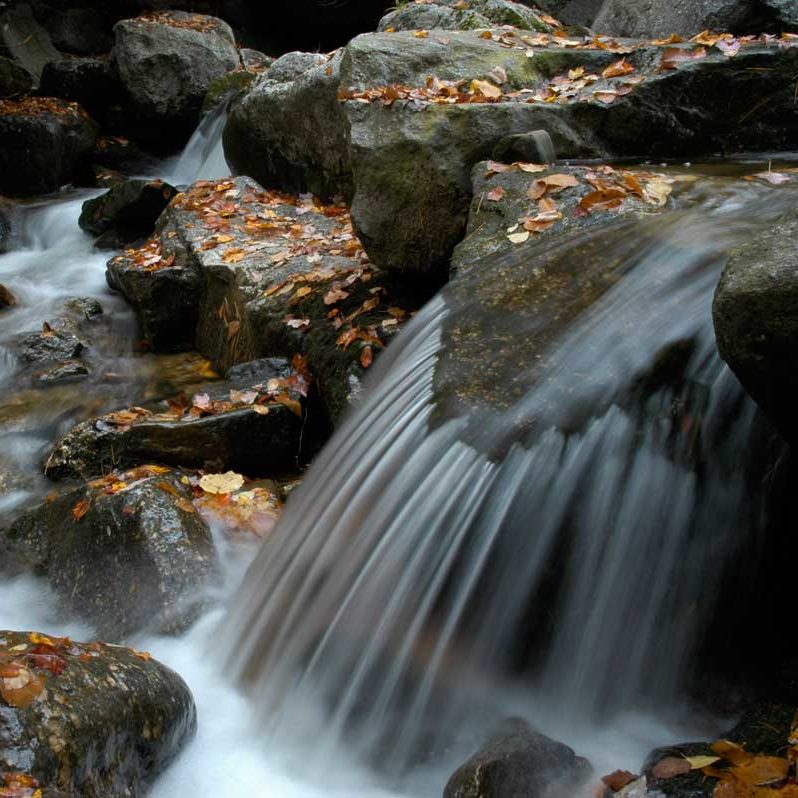
2015 Stroud Center Publications
Stroud Center scientists have authored or co-authored more than two dozen scientific papers this year, exhibiting the range of our science from Yellowstone Lake to Costa Rica and from earthworm
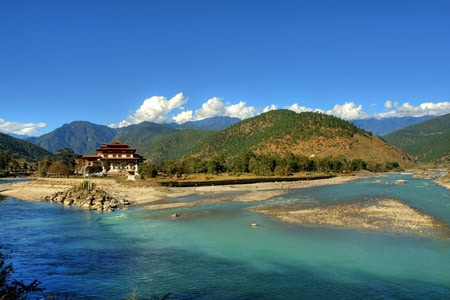
Clean, Fresh Water Essential to Bhutan’s Gross National Happiness
Stroud Water Research Center and Waterkeeper Alliance will help the tiny Himalayan nation test and monitor its freshwater resources.
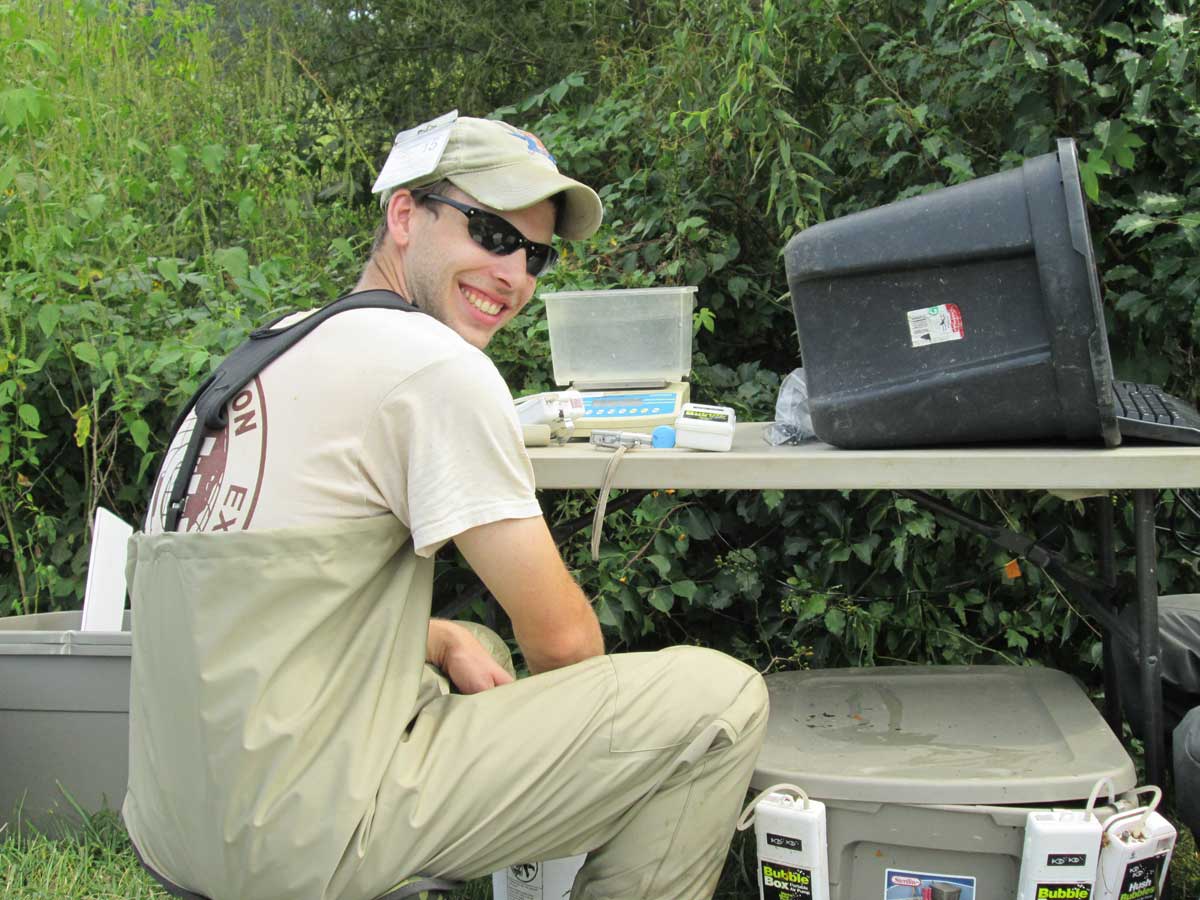
New Entomology Group Member Finds Bugs and Fungi Fascinating
Working in aquatic science is a dream come true for Matthew Wilson, the Entomology Group’s new staff scientist.
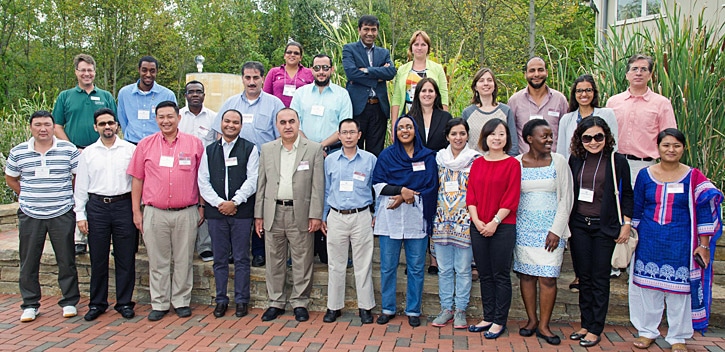
Stroud Center Connects International Leaders with Freshwater Solutions
Stroud Water Research Center rolled out the red carpet for water systems experts from 23 countries who gathered to learn how to best protect their home countries' water resources.
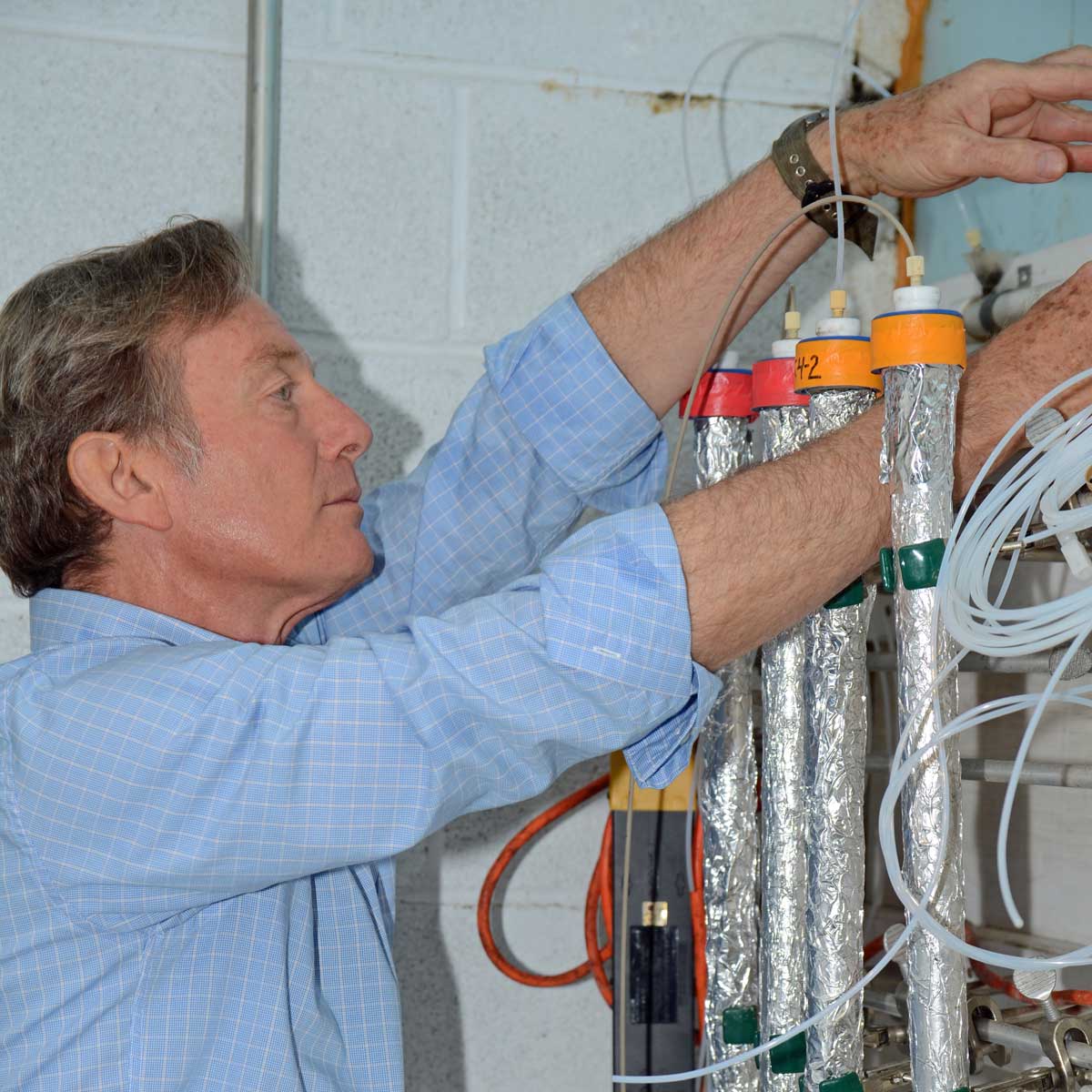
Stroud Center Scientist Takes “Rotator” Post at National Science Foundation
Louis A. Kaplan, Ph.D., accepted a one-year appointment as a visiting scientist at the federal agency that funds innovative scientific research.
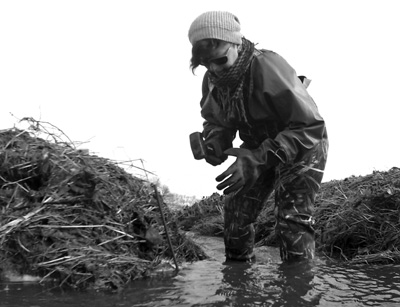
Spotlight on Valérie Ouellet
Having grown up in the scenic village of Padoue in eastern Québec, Valérie Ouellet, Ph.D., was surprised to hear people comment on how chilly Pennsylvania was last winter. “It was

